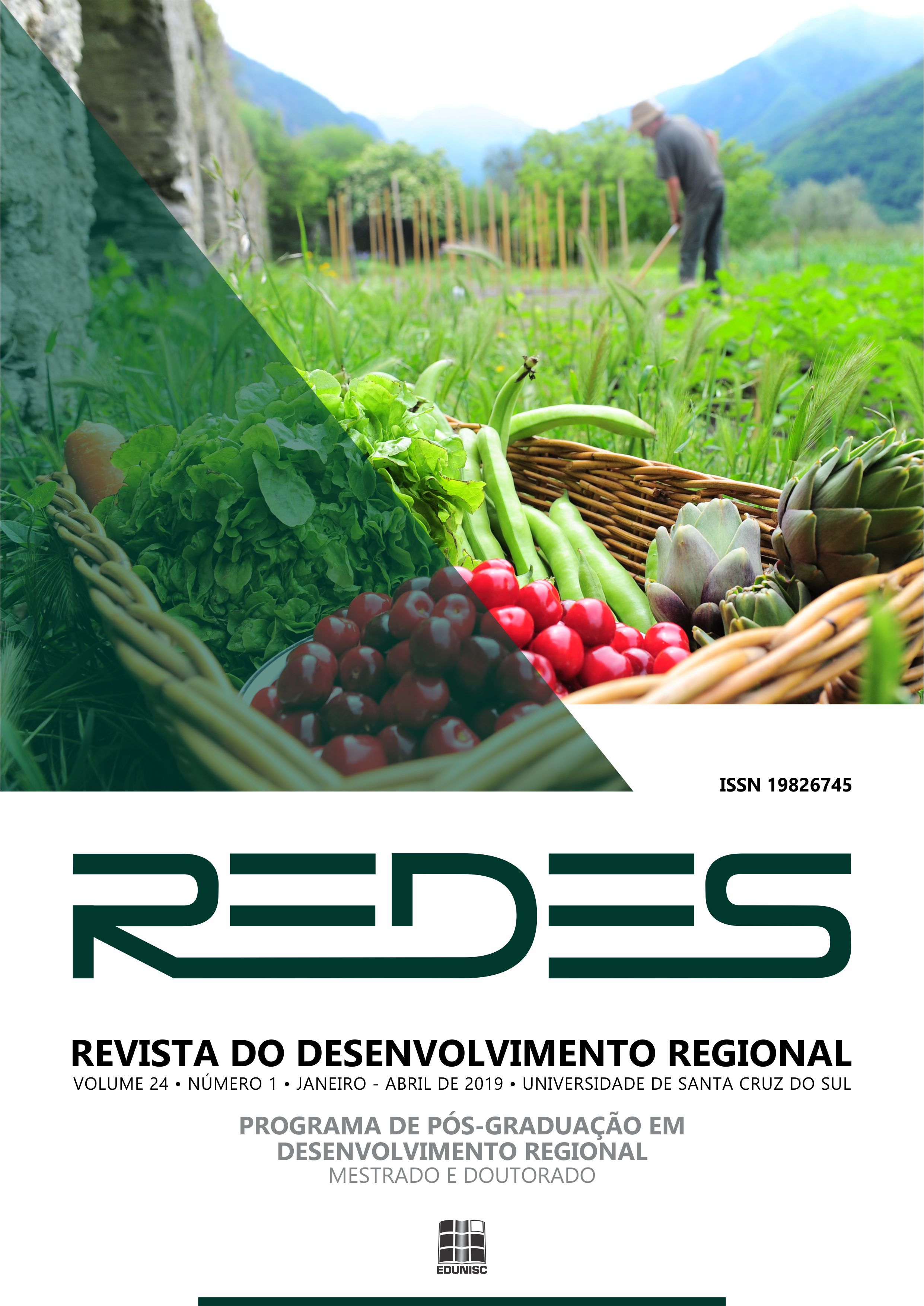Actors, networks and food: participation of family farming and peasant in school meal programs in Brazil and Colombia
DOI:
https://doi.org/10.17058/redes.v24i1.13049Keywords:
Public Purchases. School Meal. Policy Networks. Comparative Politics. Brazil. Colombia.Abstract
The objective of this paper is to compare the networks of public purchase for peasant and family farming in school meal programs in the municipalities of Granada (Antioquia-Colombia) and São Lourenço do Sul (Rio Grande do Sul-Brazil) in 2016 and 2017. A theoretical approach was built from the perspective of policy networks and articulated two methodologies, the Analysis of Social Networks and the comparison of Maximum Difference Systems. Among the results, it was evident how those municipalities, with different political-institutional contexts, converge in similar relationships and actors to guarantee public purchases in school feeding. In spite of convergence, it was also possible to observe differences in the role of the State and its policies, which was stronger and with greater trajectory in Brazil than in Colombia; international cooperation, which was stronger and more important in Colombia than in Brazil; the role of social actors, which was strong and organized in both municipalities but with greater institutional support in Brazil than in Colombia; and, finally, the leadership of different actors and local agents to implement school feeding that include peasant and family farmers.Downloads
Download data is not yet available.
Downloads
Published
2019-01-03
How to Cite
Calderón, P. E. G., & Grisa, C. (2019). Actors, networks and food: participation of family farming and peasant in school meal programs in Brazil and Colombia. Redes , 24(1), 62-80. https://doi.org/10.17058/redes.v24i1.13049
Issue
Section
Institutional Markets: Reconnecting Production to Consumption



